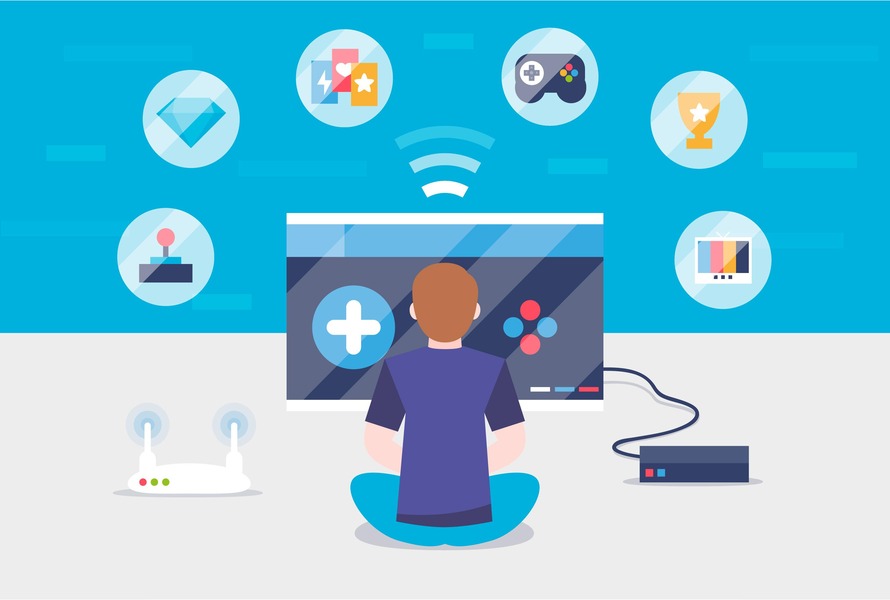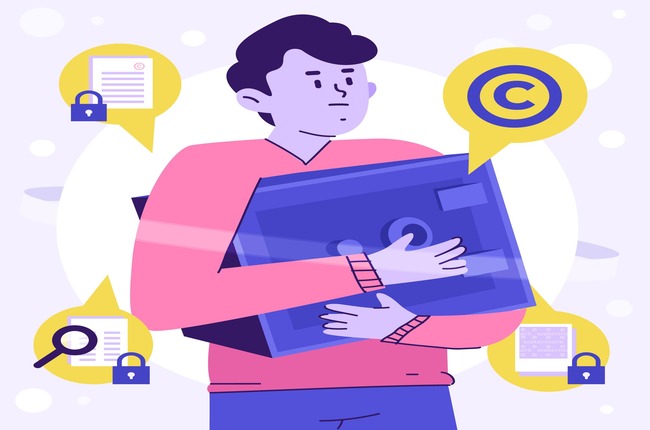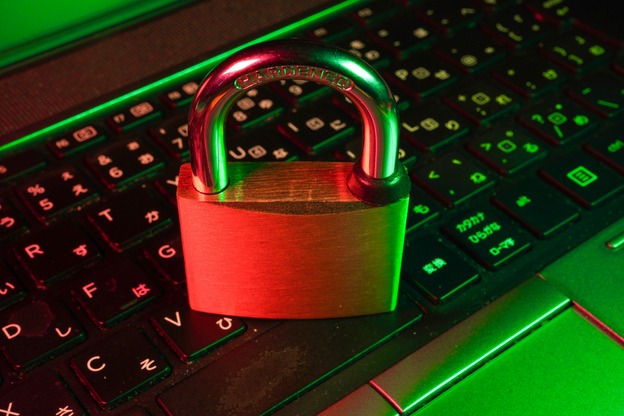
The Role of VPNs in Gaming: Reducing Lag, Avoiding Bans, and Unlocking Regions
VPNs hide your location. Now, gamers use them to reduce lag and play games unavailable in their area. A good VPN can make games better, but it has some risks. Many sports fans look at pre-match betting lines to see odds, and they often use a VPN for that.
What Is a VPN and How Does It Work?
VPN stands for Virtual Private Network. It sends your internet through a private server. This hides your real location and IP address. So, websites, games, and even your internet provider see a different place, not the real you. It adds extra privacy when you’re online.
Lower Lag and Ping: Can a VPN Help?
Lag can mess up your game. In fast online matches, even small delays matter. A VPN might help. Sometimes your internet takes a slow path to the game. A VPN can find a faster one, which will lower your ping, and that means less lag. Unfortunately, it is still not 100% reliable, as sometimes it works like a charm and sometimes it doesn’t.
Avoiding ISP Throttling
Sometimes, internet companies slow down your speed if you use a lot of data. This is called throttling. Playing games doesn’t use much, but downloading or streaming can. A VPN hides what you’re doing online. Your internet company sees you’re online, but not what you’re doing. So they’re less likely to slow you down.
Playing Games Before They Release in Your Country
Some gamers use VPNs to play games early. If a game comes out first in New Zealand, you can set your VPN to New Zealand and play before it’s out where you live. But be careful. Steam or PlayStation might see what you’re doing and block your account. It can work, but it’s risky.
Unlocking Region-Locked Games and Servers
Some games only work in certain countries. Others have special content based on where you live. A VPN lets you switch to another country and play that version of the game.
For example:
- You can play Japanese games with bonus content
- Join events in other countries
- Playing games that are not allowed in your area
Staying Safe on Public Wi-Fi
Ever noticed when you connect to a public WI-Fi, the connection says insecure connection. This is not a random thing happening; it is truly not safe, as hackers can easily steal your info. A VPN always comes in handy when using a public Wi-Fi.
Avoiding IP Bans and Blocks
If a game blocks your IP, a VPN can give you a new one so you can log in again. But be careful. This can break the rules. If the game finds out, they might ban your account or device. It’s a risk.
Playing With Friends in Other Regions
Sometimes games split you and your friends if you live in different countries. This can cause lag or stop you from playing together. A VPN lets you pick a server near your friend. That way, you both play in the same place and have a smoother game.
Risks of Using a VPN for Gaming
VPNs have good points but also some problems:
- Slower speeds: If the VPN server is far or busy, your game might lag more.
- Server bans: Some games block VPN addresses. Then you can’t connect.
- Account risk: Using VPNs to cheat or get around rules can cause trouble.
- Cost: Good VPNs cost money. Free ones may watch you or show ads.
How to Choose the Right VPN for Gaming
Not all VPNs work the same way. If you game, look for these:
- Fast servers with low ping
- Servers in the countries you want
- No data limits
- Good privacy (no logging)
- Works with game consoles or routers
A Word on Fair Play
Even though VPNs give you freedom, it’s only fair not to abuse them. If you use it to cheat and hurt other gamers, you might get banned from using the VPN server. This happens more when other players notice your behavior and report you. VPN is to make your gameplay better and not to cheat.





